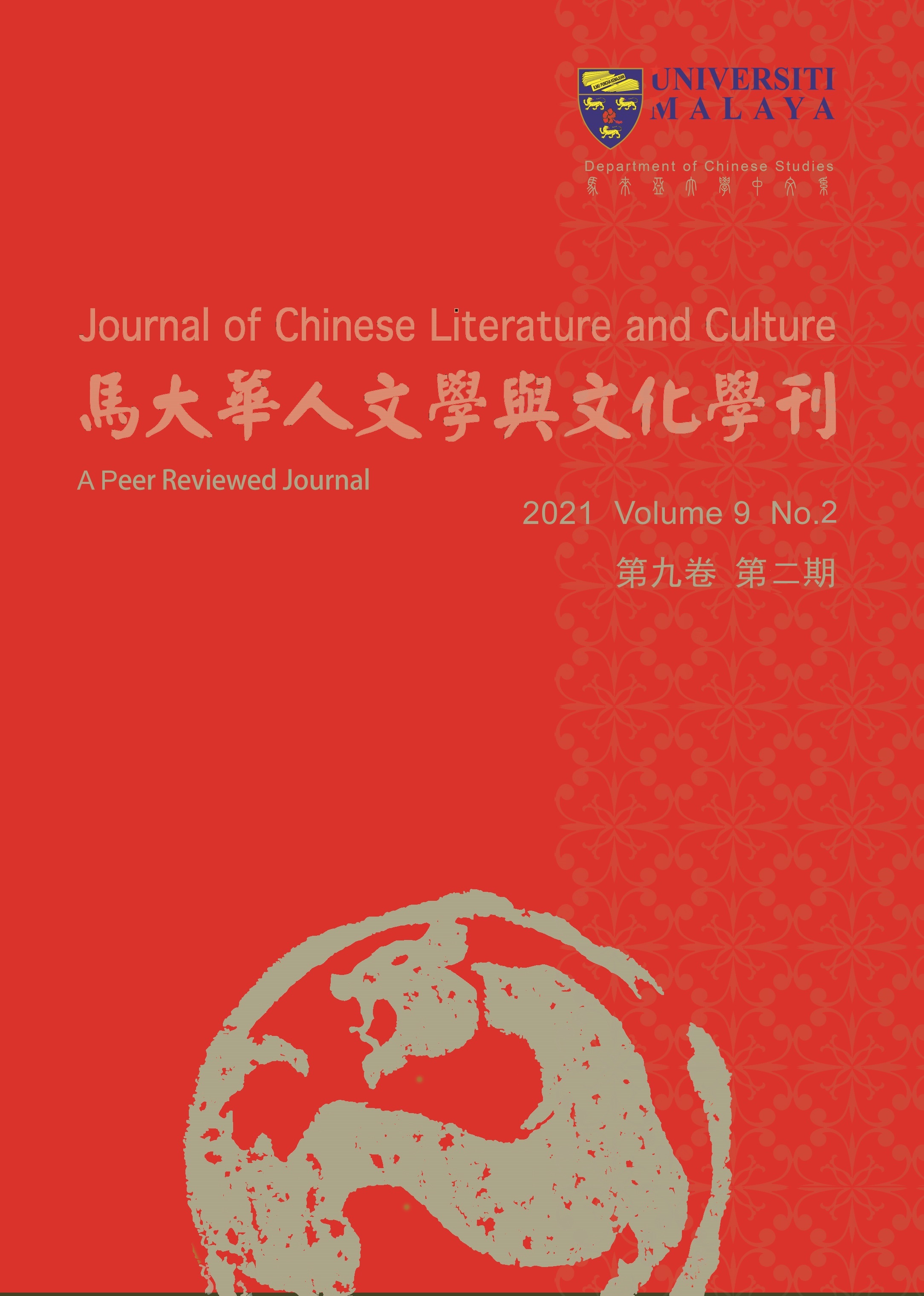Between Self-identification and National Education: Considering the Migration and Settlement of Ethnic Chinese in Korea 韩国华侨华人的迁徙及定居
Main Article Content
Abstract
Between Self-identification and National Education: Considering the Migration and Settlement of Ethnic Chinese in Korea
KIM Ju-A, LI Yongmei
Center for Interdisciplinary Research on China, Kookmin University, South Korea; Department of International Area Studies, Kookmin University, South Korea
Abstract
The Chinese community in Korea represents an atypical Chinese society. The Hanhua’s (韩华) unique characteristics include its settlement status and personal identification. Why does the Chinese diaspora now call themselves “refugees” after emigrating 140 years ago? What makes them identify as not-fully-settled abroad? First, although they are the oldest overseas Chinese in terms of nationality, they have not fully naturalized in their new country of residence. In terms of identification and a sense of belonging, they remain isolated. Most of the Hanhua’s ancestors are from Shandong Province, but they hold Taiwanese passport; they support Nationalist Party, and maintain inward personal identification as such. The relationship between the diaspora’s residence country and its home country is important leading to key questions that this paper will consider: what happened to this land in just over 100 years? What cultural, social, and political fluctuations did the Hanhua experience? And further, what role did ethnicity-centered education play in formulating their identity? This paper attempts to find the answers by considering the relationship between self-identification and national education.
Keywords: Overseas Chinese in Korea, 140 years of relocation, ethnic education, self- identification, national identification
韩国华侨华人的迁徙及定居
金珠雅、李永梅 (韩国国民大学中国人文社会研究所; 韩国国民大学国际地区学系)
摘要
韩国华侨华人社会属于“非典型的华侨社会”。韩华的特殊性在于其定居状况以及身份认同方面。如今,韩国华侨迁移已有140年而他们仍自称为“难民”,究其原因何在?是什么原因让他们漂流至今却仍没有找到落地生根的家呢?首先是国籍方面的原因,虽然他们是最“老”的华侨,但他们的国籍还没有归化为居住国。其次是身份认同和归属感使他们形成了孤立岛,既不属于居住国,又不属于祖籍地。众所周知,韩华的祖籍地大部分来自于山东省,而他们持有的却是“台湾”护照,支持“国民党”,自认为是“台湾民众”。作为分散民(Diaspora)其居住国与本国的关系是至关重要。在短短100多年的时间里,这片土地上到底发生了什么?韩华又经历了怎样的社会动荡?对此,民族教育又起到了什么样的作用?本文将以分散民族的自我认同感与民族教育之间的关系为出发点寻找答案。
关键词:韩华,迁移140年,民族教育,身份认同,国族认同
